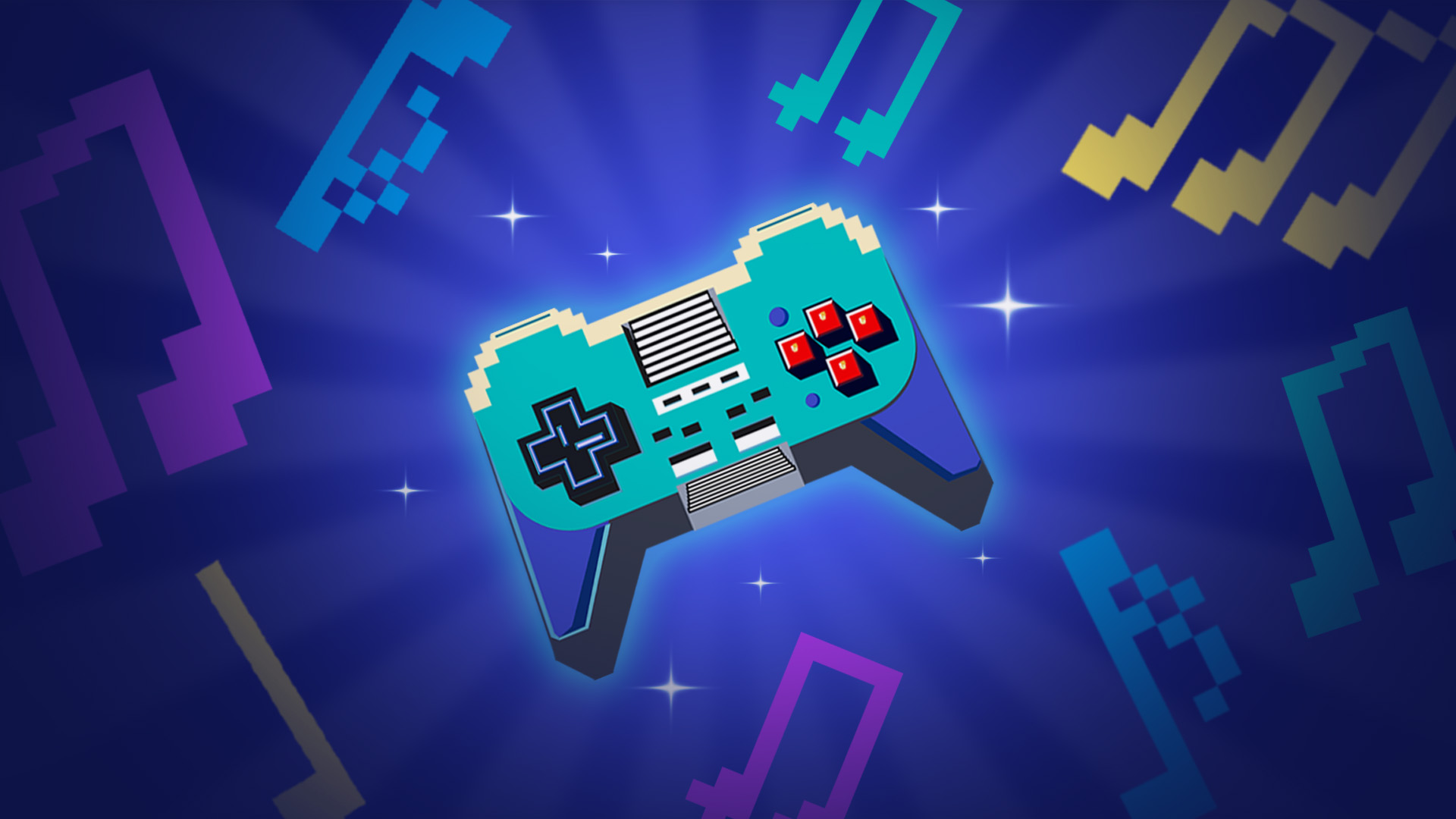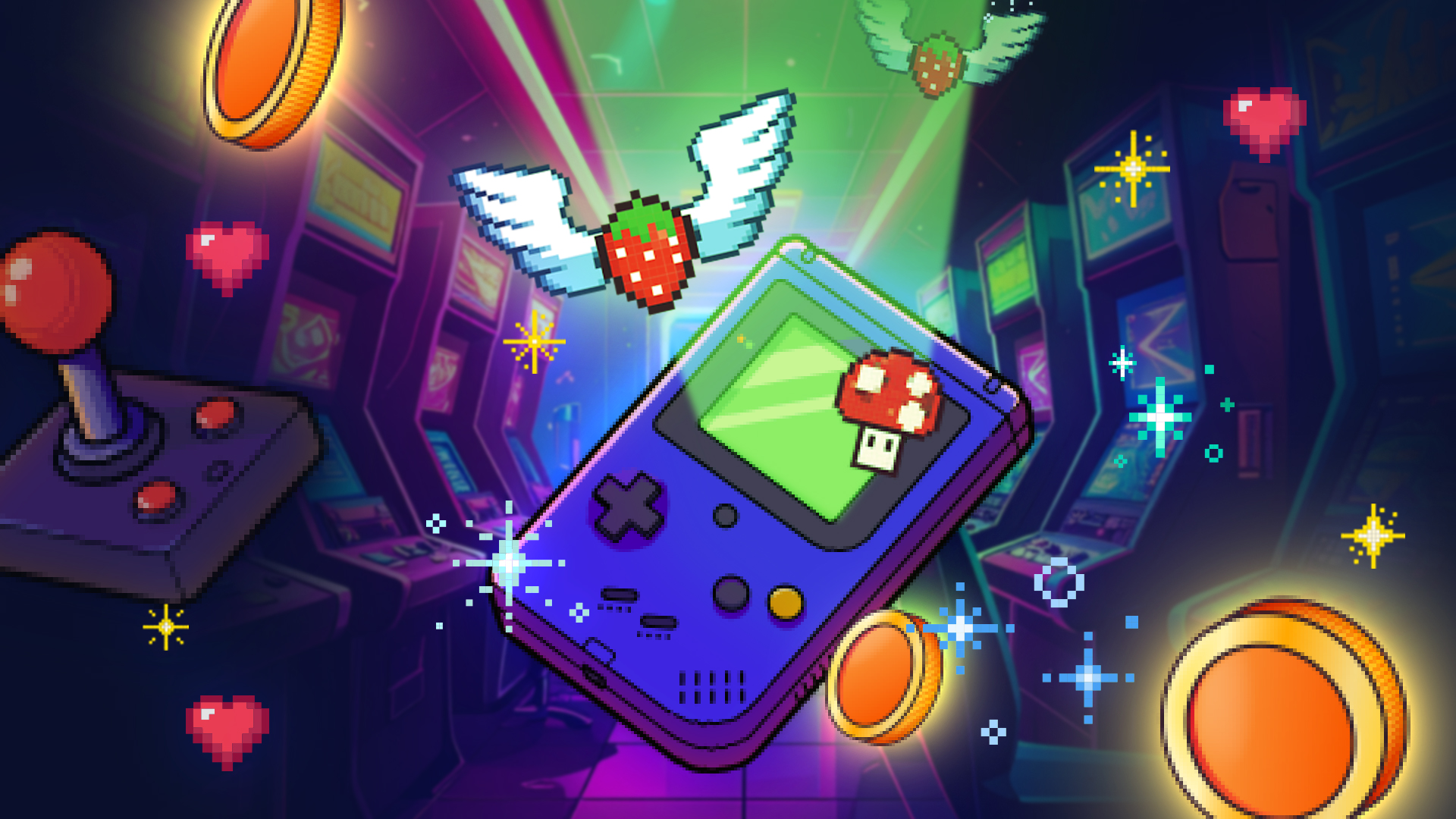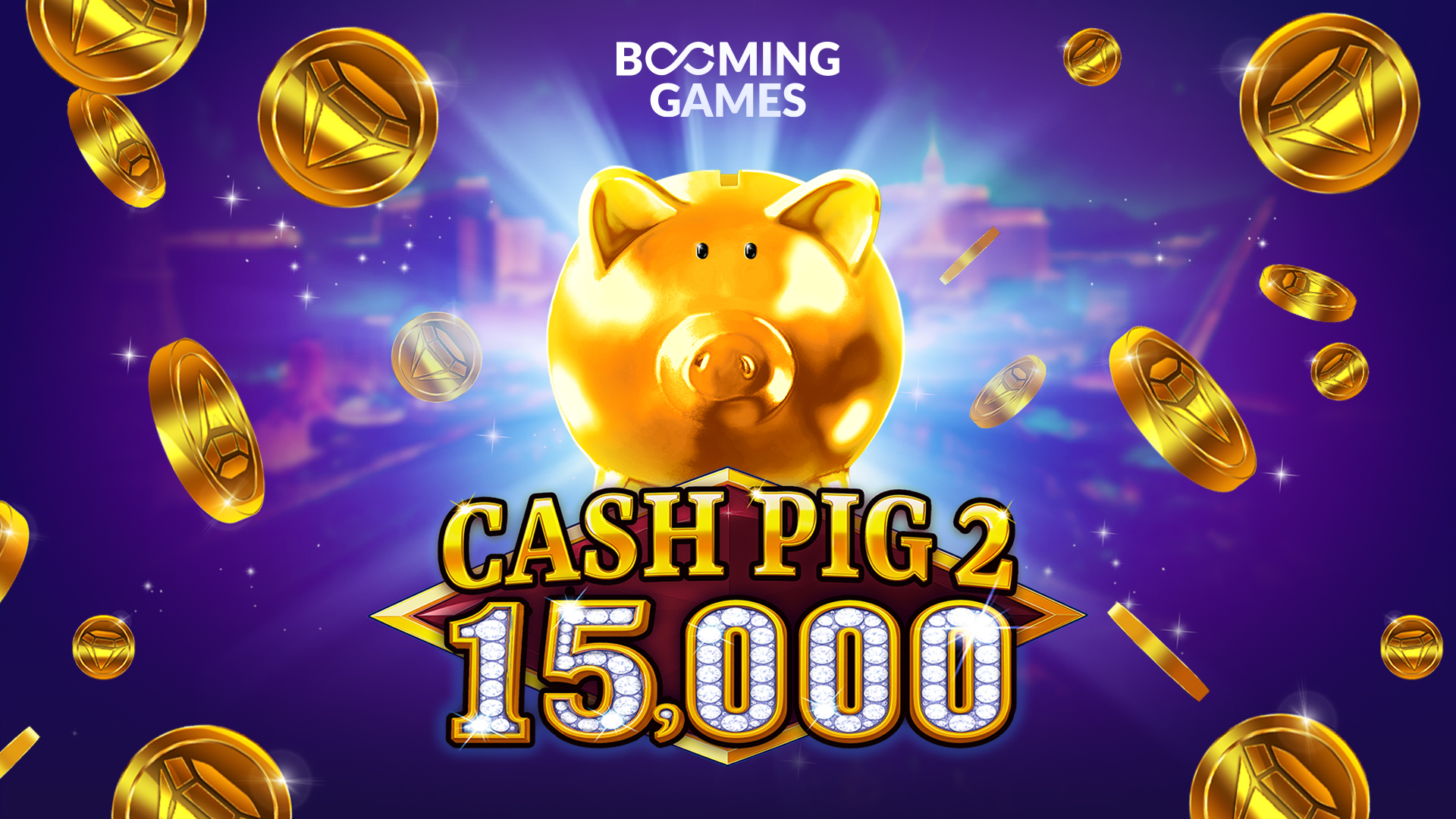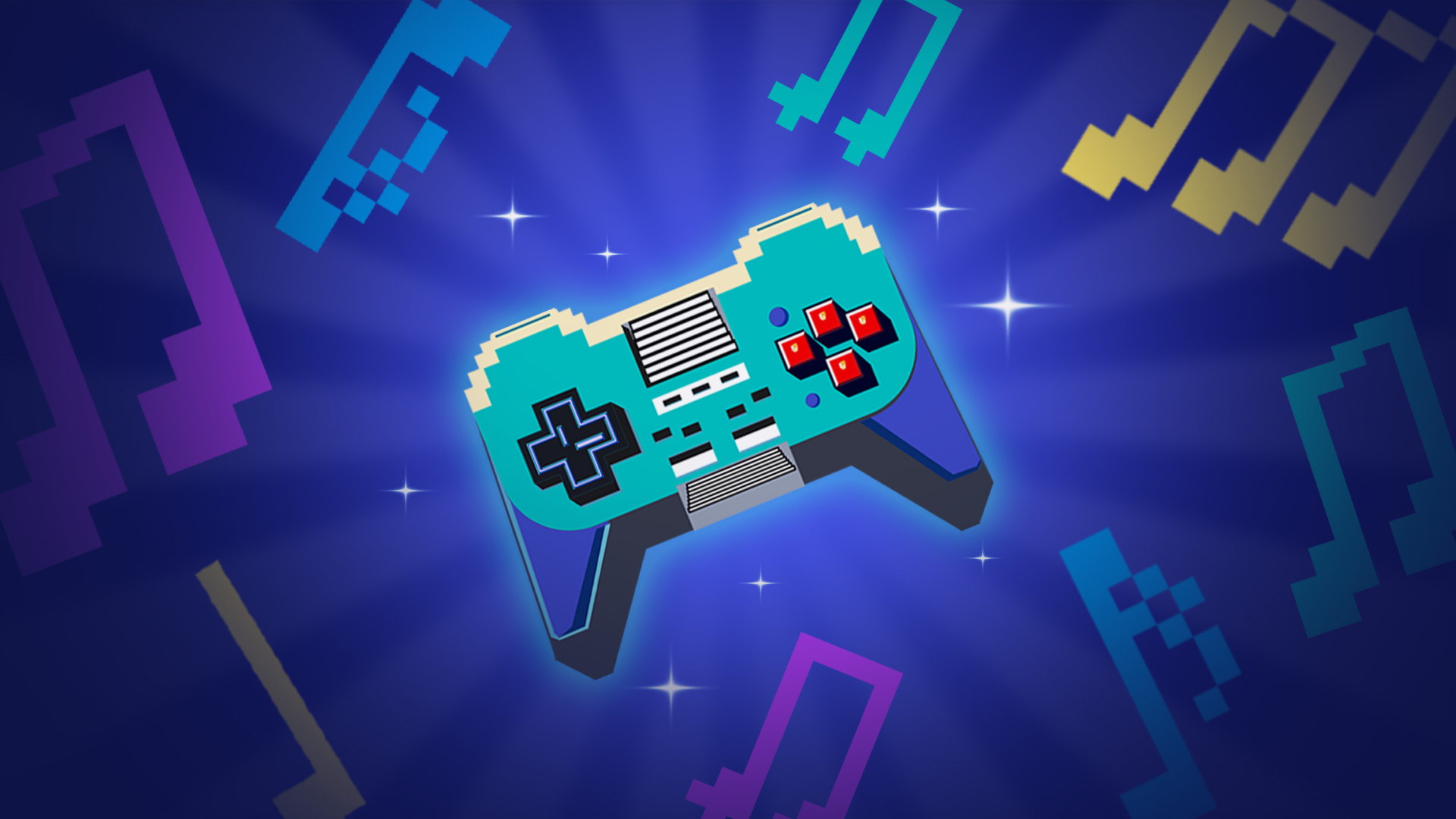There’s a reason a few seconds of a retro game soundtrack can instantly send you spiraling back through time. That’s because game music isn’t just background noise, it’s emotional memory encoded in 8-bit melodies and looping riffs. Whether it’s the haunting organ tones of Castlevania or the urgent chip-pop of Mega Man, retro game soundtracks have carved out a place in our heads and hearts.
For many of us, these were our first concerts. They accompanied us on pixelated quests and made every victory feel epic. Before games had photo-realistic cutscenes or orchestral scores, they had soundtracks that somehow did more with less — and changed video game music forever.
Why Soundtracks Matter in Game History
In the early days of gaming, the main problem game sound design had compared to today’s standard was the very limited tech. Early computers and consoles like the SNES and NES had tiny memory and basic sound chips. This meant composers were working with only a few channels of audio and a handful of waveforms. But rather than let that hold back creativity, those limitations sparked it.
Composers became masters of minimalism by layering catchy melodies over clever rhythms and percussive bleeps. The result? Iconic soundtracks that still hold up today. And not despite the constraints, but because of them.
Even more importantly, music helped shape the soul of a game. Mario’s theme was pure joy. Zelda’s overworld melody was high fantasy distilled. These tunes defined the game’s personality before you even pressed start.
As games grew more cinematic, the soundtracks evolved, but the DNA of early chip music is still embedded in modern game scores.
Top 5 Retro Game Soundtracks That Changed Video Game Music
Whether you’re dodging Medusa heads in Castlevania or racing through Wily’s Castle in Mega Man 2, the music sticks with you, note for note. As well as being catchy, they pushed the boundaries of what limited sound chips could do and created unforgettable emotional anchors in the process.
Below are five retro game soundtracks that did more than define their era, but also continue to influence composers many decades later. Crank up the volume and let’s relive the magic.
-
Mega Man 2 (1988) – NES
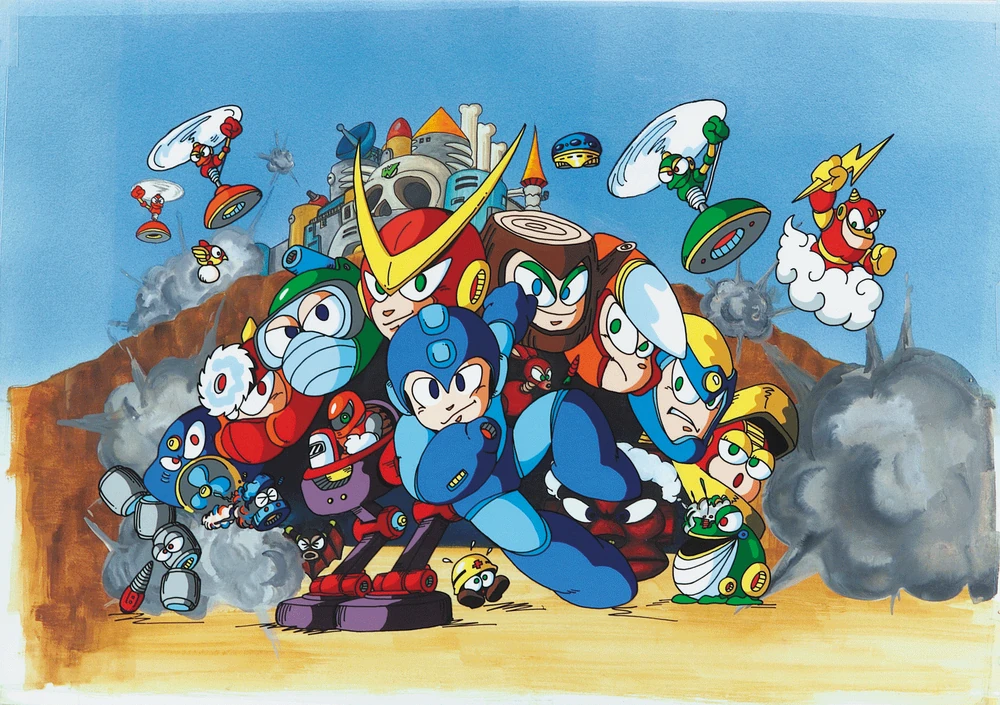
Composer: Takashi Tateishi
If you’re talking pure adrenaline in 8-bit form, Mega Man 2’s soundtrack is legendary. Each track was carefully crafted to match the relentless pace and challenge of its levels. For those who remember, that was especially the case for ‘Dr. Wily Stage 1’, which remains one of the most remixed and revered chiptunes of all time.
Why it changed the game:
- Elevated NES sound chip limitations with aggressive rhythms and layered melodies.
- Proved that video game music could feel like real music with hooks and structure.
- Inspired a generation of speedrunners and remix artists.
-
Castlevania (1986) – NES
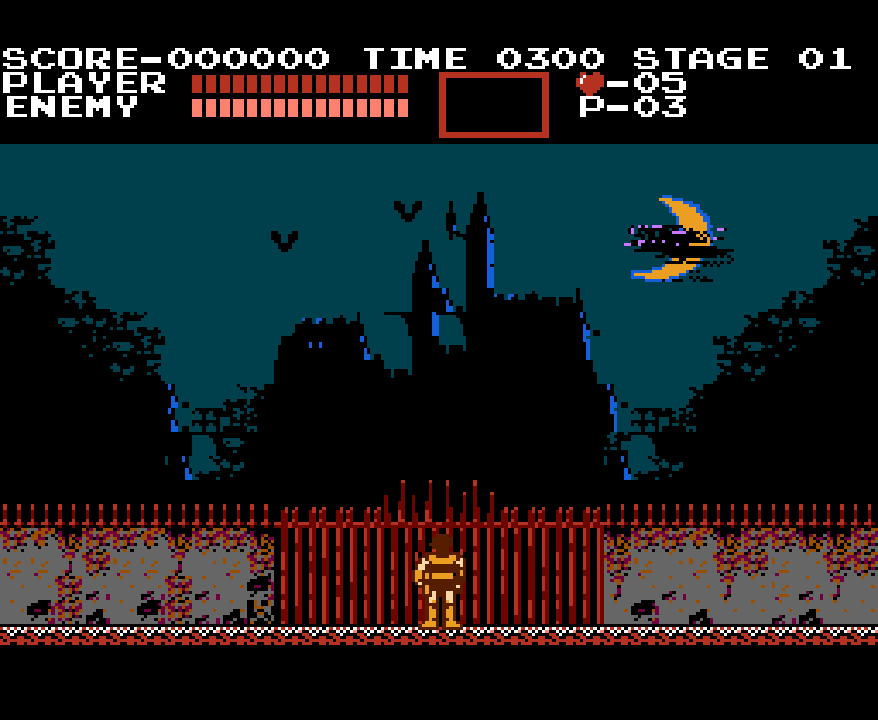
Composer: Kinuyo Yamashita (credited as James Banana)
Dark, gothic and dripping with atmosphere, Castlevania’s soundtrack stood out instantly from the cheerful tones of its contemporaries. Tracks like ‘Vampire Killer’ weren’t just catchy, they helped to build tension and dread.
Why it changed the game:
- Brought horror and drama to 8-bit music, which heavily influenced the genre’s sound palette.
- Used minor scales and chromaticism in ways few game soundtracks dared.
- Still used as a musical touchstone in modern horror-themed games.
-
The Legend of Zelda: A Link to the Past (1991) – SNES
Composer: Koji Kondo
Zelda has always had iconic music, but the SNES’s sound hardware allowed Koji Kondo to go full orchestral in feel. The main overworld and Hyrule Castle themes, as well as the Dark World music, showed emotional depth rarely seen in games at the time.
Why it changed the game:
- Created emotional leitmotifs tied to locations and story beats.
- Set the gold standard for “epic fantasy” in-game scores.
- Still referenced in modern Zelda games, concerts, and reimaginings.
-
Chrono Trigger (1995) – SNES
Composer: Yasunori Mitsuda (with Nobuo Uematsu)
Composed while Mitsuda was literally sleeping in the studio, the Chrono Trigger OST is a time-travelling masterpiece. From the melancholy ‘Corridors of Time’ to the pulse-pounding ‘Battle with Magus’, this score feels cinematic before games were expected to be.
Why it changed the game:
- Used sound layering and dynamic shifts unheard of on the SNES.
- Each era of the game has a distinct musical identity.
- Helped redefine JRPG storytelling with emotional resonance.
-
Donkey Kong Country (1994) – SNES
Composer: David Wise
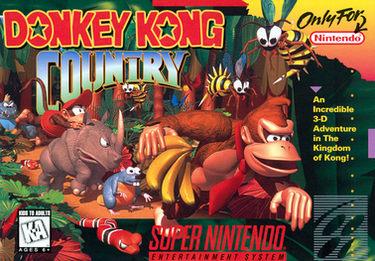
This was the moment the SNES proved it could do moody and atmospheric music. ‘Aquatic Ambience’ and ‘Fear Factory’ are testaments to how far video game audio has come and how emotional it can be.
Why it changed the game:
- Used advanced sampling techniques that mimicked real instruments.
- Created immersive soundscapes far beyond simple melodies.
- Influenced the entire Rare catalog and beyond.
Of course, narrowing it down to just five wasn’t easy. The 8-bit and 16-bit eras were bursting with musical gems that deserve recognition. From the eerie tension of Metroid to the jazzy to the loop-perfect bounce of Sonic the Hedgehog, there’s no shortage of iconic tracks that helped shape the identity of entire franchises.
Even cult favorites like EarthBound, Tetris, and Streets of Rage delivered audio experiences far beyond their hardware limitations.
How These Soundtracks Influenced Modern Games
If you’ve checked out the soundtracks we’ve linked you to above, you’ll quickly realize that these retro soundtracks are more than just nostalgic. They’ve also laid the foundations for the immersive video game soundtracks we now see (or hear) today. Today’s indie and AAA titles alike owe a huge debt to that musical groundwork laid by composers on the NES and SNES.
Innovation Through Limitation
Early composers had just a few sound channels to work with, but they pushed those limits to create melodies that were layered and instantly recognizable. That ingenuity is still admired and often imitated by modern developers looking to recapture a similar magic.
Indie Revival of Chiptune
Games like Shovel Knight, Undertale, and Celeste show how deeply retro sound has seeped into modern game DNA. These games don’t just mimic the style but build entire emotional arcs around it. That proves that you don’t need a full orchestra to make players feel something.
Orchestras, Remixes, and Vinyl Soundtracks
Rather than fall into obscurity, these tracks have evolved over the years. The biggest fans of these soundtracks will know that there are full-scale symphonic concerts like Video Games Live or Zelda: Symphony of the Goddesses that belt out these classics around the world.
If you can’t get yourself to one of these concerts, not to worry, as you can find these retro OSTs on streaming services like YouTube and Spotify. As testament to how enduring and beloved these tracks are, many collectors even make vinyl pressings of their favorite tracks.
Final Thoughts – Which Retro Soundtrack Lives in Your Head Rent-Free?
From the eerie ambience of Castlevania to the adrenaline-pumping beats of Mega Man 2, there have been many retro game soundtracks that are almost as memorable as the games themselves. These tunes are more than background music. They’re the emotional core of our favorite memories, echoing in our heads long after we’ve set the controller down.
Whether you grew up with a Game Boy in your hand or discovered these classics through modern remixes, one thing’s clear and that’s retro video has helped shape the in-game music that we hear today.
So tell us, what’s your favorite retro game soundtrack? Drop it in the comments, vote in the poll below, or share your all-time favorite track with us on social.
Let’s see which soundtrack truly stands the test of time.

